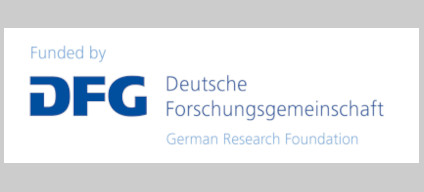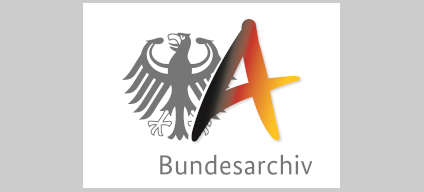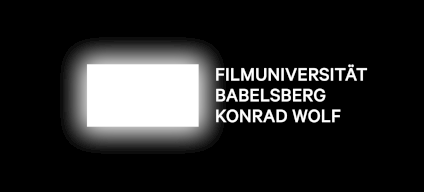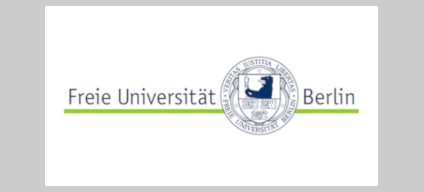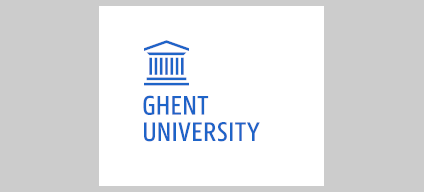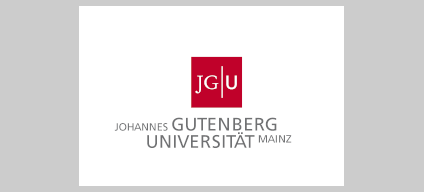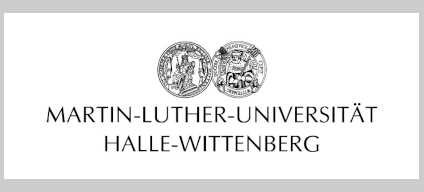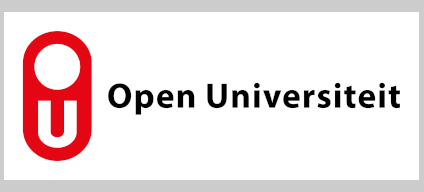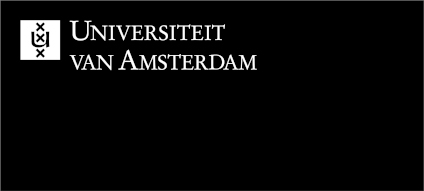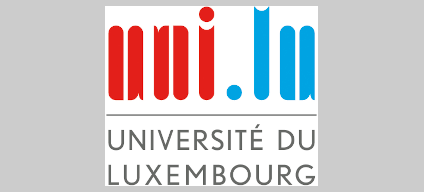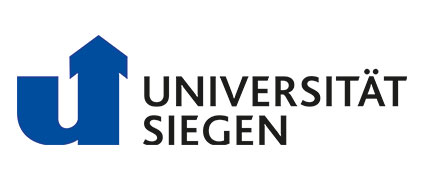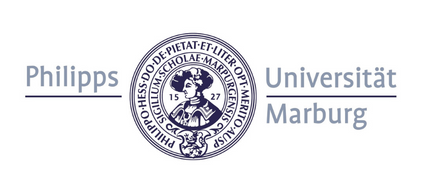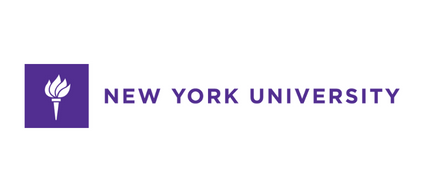Main Content
Sarah-Mai Dang

Affiliation & Contact
Philipps University Marburg
Institute of Media Studies
E-Mail: sarah-mai.dang[at]uni-marburg.de
Personal website: oabooks.de
Twitter: @SarahMaiDang
Research Areas
Scholarly Media Practices, Open Science, Digital Representation of Film Historiographic Research, Audiovisual Aesthetics, Film Theory, Feminist Theory
Biography
Dr. Sarah-Mai Dang is a Postdoctoral Researcher in Media Studies at Philipps University Marburg, Germany. She received her doctoral degree in Film Studies from Freie Universität Berlin and a Master of Arts from the University of Michigan. She published her dissertation on aesthetic experience and chick flicks with Palgrave Macmillan (2016) and as a hybrid self-publishing project on her website oabooks.de, where she also blogs about academic publishing. She was fellow of the „Open Science Fellows Program" (funded by Wikimedia, Stifterverband, VolkswagenStiftung) and initiated the GfM scholarly interest group "Open Media Studies" and the ZfM Open Media Studies Blog. She holds numerous posts including member of the Steering Committee of MediArXiv, the IT Advisory Board of Philipps University Marburg, the Scientific Advisory Board of adlr.link, and the Expert Committee “Urheberrecht” (copyright) of the Research Society for Music Industry and Music Culture. Her current research and teaching focus on digital tools and methods, digital databases, interactive web documentaries, research data management, open access and open science, feminist theory, and media aesthetics. She is the project leader of the DFG Network "New Directions in Film Historiography".
For further information please see: oabooks.de.
Current Research
The Aesthetics of Access. Visualizing Research on Women’s Activities in Early Cinema
Dr. Sarah-Mai Dang currently explores the aesthetics of access in light of the growing production and application of data in the era of digitalization with the focus on digital databases, online archives, and web documentaries. The goal is to identify the epistemic conditions of film historiography with respect to research data management and the digital re/presentation of women’s activities in early cinema. What can be known, why, and how? How does the way we implement and use data in film historiography shape our knowledge about the past?
One of the biggest challenges for film and media historians today is not only to preserve artifacts in a sustainable manner but also to make historical records accessible, hence discoverable and comprehensible by scholars and the broader public – in addition to research itself. In this sense, open access does not mean only facilitating free access to research literature and artifacts but also allowing for creative re-use, as well as disseminating and communicating research in order to expand our knowledge.
Today, there are numerous projects and platforms that emphasize women’s achievements in film history. Notwithstanding their significance, the existing research has to be better integrated in trans-institutional networks to prevent these women from getting lost again in course of history. There is an urgent need to enhance the interoperability of data and moreover improve the possibilities of engagement by individuals. The project makes the case that the objective of feminist historians to tell a story differently rather than telling a different story is yet to be achieved.
In response to the issues of aesthetics and access, the objective of the research project is twofold: it seeks to investigate current forms of data-driven presentations and, furthermore, explore and foster creative use of historical research data. It will approach the subject both from a theoretical and practical perspective. In addition to theoretical case studies, it is intended to design and create an online platform which facilitates access to aggregated research data on women’s activities in early cinema in Germany.
Primarily situated in the field of film and media studies, the project draws on concepts and methods of history, library and archival studies, information science, science and technology studies, critical data science, and legal studies. Thus, the project combines a transdisciplinary discourse analysis with an artistic research approach, which allows for practice-based research experiments in the emerging field of digital film historiography. It aims to contribute to a fruitful debate on digital tools and methods in the context of film and media studies and to take the discourse on research data management and open science in the humanities to the next level. Ideally, the research project will serve as best-practice approach providing a guideline for further initiatives to make use of existing research and develop collaborative open data projects in the field of film history.
Network-related Publications (selection)
◦ “Forschungsdatenmanagment in der Filmwissenschaft: Arbeitspraktiken und Erkenntnisprozesse”, in: Johannes Pause, Niels-Oliver Walkowski (eds.): „Praktiken des Digitalen“, special edition, Montage AV (2019). (peer reviewed) [submitted] [Preprint]
◦ “Navigating History: Aesthetics and Appropriation and the Interactive Web Documentary Freedom’s Ring„, in: Florian Mundhenke (ed.): New Cinemas: Journal of Contemporary Film, special edition on i-docs (2019). (peer reviewed) [forthcoming]
◦ “Unknowable Facts and Digital Databases: Reflections on the Women Film Pioneers Project and Women in Film History“, in: Manuel Burghardt, Adelheid Heftberger, Johannes Pause, Niels-Oliver Walkowski, Matthias Zeppelzauer (eds.): Digital Humanities Quarterly, special edition on „Digital Humanities & Film Studies: Analyzing the Modalities of Moving Images“ (2019). (peer reviewed) [submitted] [cfp]
◦ “Publish Less, Communicate More! Reflecting the Potentials and Challenges of a Hybrid Self-publishing Project“, in: Kathie Gossett, Virginia Kuhn (eds.): The Digital Dissertation: History, Theory, Practice, Ann Arbor: Digital Rhetoric Collaborative/University of Michigan, 2019. (peer reviewed) [submitted]
◦ “Digital Tools & Big Data. Zu gegenwärtigen Herausforderungen für die Film- und Medienwissenschaft am Beispiel der feministischen Filmgeschichtsschreibung“, in: MEDIENwissenschaft 2–3, 2018, 142–156. (peer reviewed), doi: 10.17192/ep2018.2-3.7836 [article]
